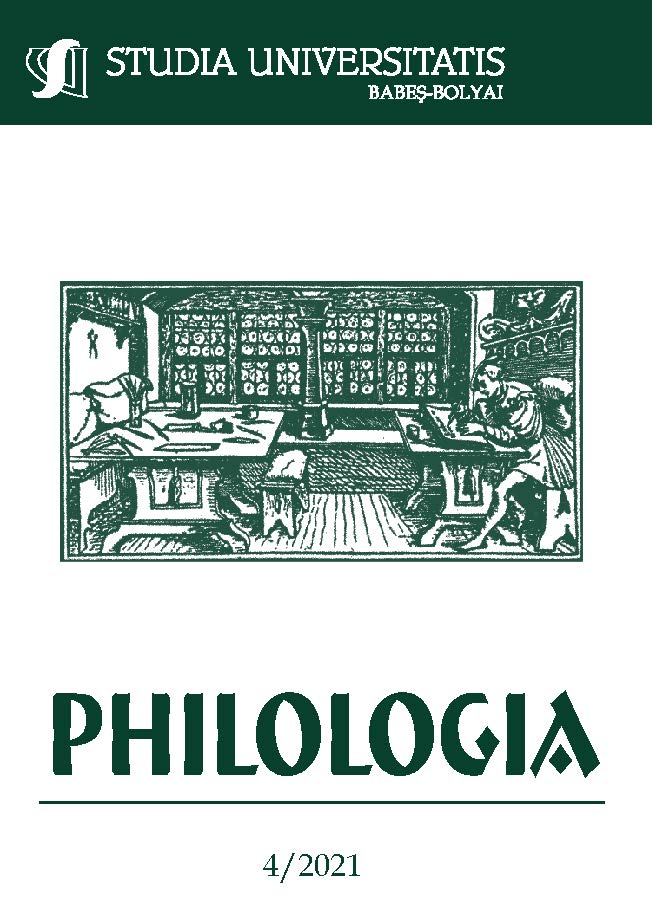Investigação Histórica Do Sufixo -Eir- NA Nomeação de Vegetais Em Língua Portuguesa
A Historical Investigation of the Suffix -Eir- For the Naming of Plants in the Portuguese Language
Author(s): Natival Simões Neto, Mário Eduardo ViaroSubject(s): Language and Literature Studies, Theoretical Linguistics, Lexis
Published by: Studia Universitatis Babes-Bolyai
Keywords: suffixation; Romance linguistics; botanical popular naming; historical morphology; morphological productivity;
Summary/Abstract: A Historical Investigation of the Suffix -eir- for the Naming of Plants in the Portuguese Language. The Latin suffix -ari-, used as a creator of adjectives, developed several meanings during the period of spoken late Latin, as well as in the formation of the Romance languages. One of those meanings, present in the Portuguese suffix -eiro/ -eira, is associated with tree names, based on the name of the corresponding fruit. Quite productive in current modern Portuguese, that suffix was always linked to the denomination of plants in general, some of them not necessarily related to edible fruits or even to fruits. Similarities are found between the Portuguese derivations and other Romance languages. In this text, those similarities were investigated from a historical-comparative point of view. The high convergence in the western Romance languages can be motivated both by a common Latin heritage as by further loanwords, however during the European expansion in the sixteenth century, new plant names were known from the New World and their naming was based on words derived by the same suffix.
Journal: Studia Universitatis Babes-Bolyai - Philologia
- Issue Year: 66/2021
- Issue No: 4
- Page Range: 127-146
- Page Count: 20
- Language: Portuguese

